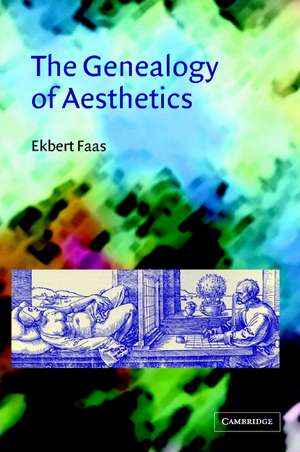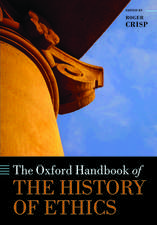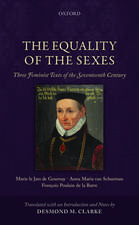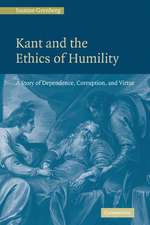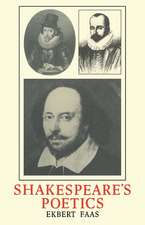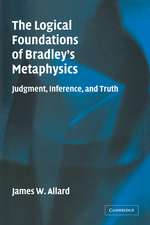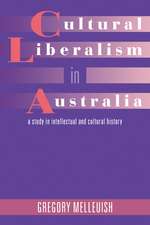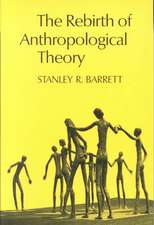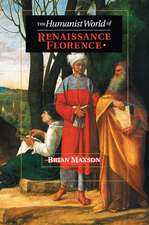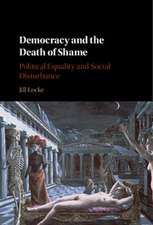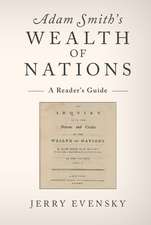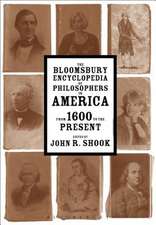The Genealogy of Aesthetics
Autor Ekbert Faasen Limba Engleză Hardback – 14 aug 2002
Preț: 488.64 lei
Preț vechi: 549.03 lei
-11% Nou
Puncte Express: 733
Preț estimativ în valută:
93.51€ • 97.27$ • 77.20£
93.51€ • 97.27$ • 77.20£
Carte tipărită la comandă
Livrare economică 14-28 aprilie
Preluare comenzi: 021 569.72.76
Specificații
ISBN-13: 9780521811828
ISBN-10: 0521811821
Pagini: 454
Ilustrații: 14 b/w illus.
Dimensiuni: 160 x 236 x 34 mm
Greutate: 0.84 kg
Ediția:New.
Editura: Cambridge University Press
Colecția Cambridge University Press
Locul publicării:Cambridge, United Kingdom
ISBN-10: 0521811821
Pagini: 454
Ilustrații: 14 b/w illus.
Dimensiuni: 160 x 236 x 34 mm
Greutate: 0.84 kg
Ediția:New.
Editura: Cambridge University Press
Colecția Cambridge University Press
Locul publicării:Cambridge, United Kingdom
Cuprins
Acknowledgements; Introduction; 1. Plato's transvaluations of aesthetic values; 2. Proto-Nietzschean opponents to Plato; 3. Late Antiquity, Plotinus, and Augustine; 4. Augustine's Platonopolis; 5. The Middle Ages; 6. The Renaissance; 7. The Renaissance Academy, Ficino, Montaigne, and Shakespeare; 8. Hobbes and Shaftesbury; 9. Mandeville, Burke, Hume, and E. Darwin; 10. Kant's ethicoteleological aesthetics; 11. Kant's midlife conversion; 12. Hegel, Feuerbach, and Marx; 13. Marx's Nietzschean moment; 14. Heidegger's 'destruction' of traditional aesthetics; 15. Heidegger contra Nietzsche; 16. Heidegger, Nietzsche, and Derrida; 17. Différance, Freud, Nietzsche, and Artaud; 18. Derrida's mega-transcendentalist Mimesis; 19. Postmodern or Pre-Nietszschean? Derrida, Lyotard, and de Man; 20. The Postmodern revival of the aesthetic ideal; Afterword.
Recenzii
'This extensively researched and outspoken book by Ekbert Faas gives aesthetic theory a decisive push in its move from the head into the body, as it were, and in so doing opens aesthetics to a wide array of new approaches from the direction, broadly speaking, of the life sciences and neuroscience … With its overview of the new kinds of aesthetic-neuroscientific-evolutionary approaches, it is a must for those interested in these interdisciplinary ventures that are no doubt before us.' The European Legacy: Toward New Paradigms
Notă biografică
Descriere
Offers a new aesthetics, heavily influenced by Nietzsche, that draws on contemporary cognitive science.
